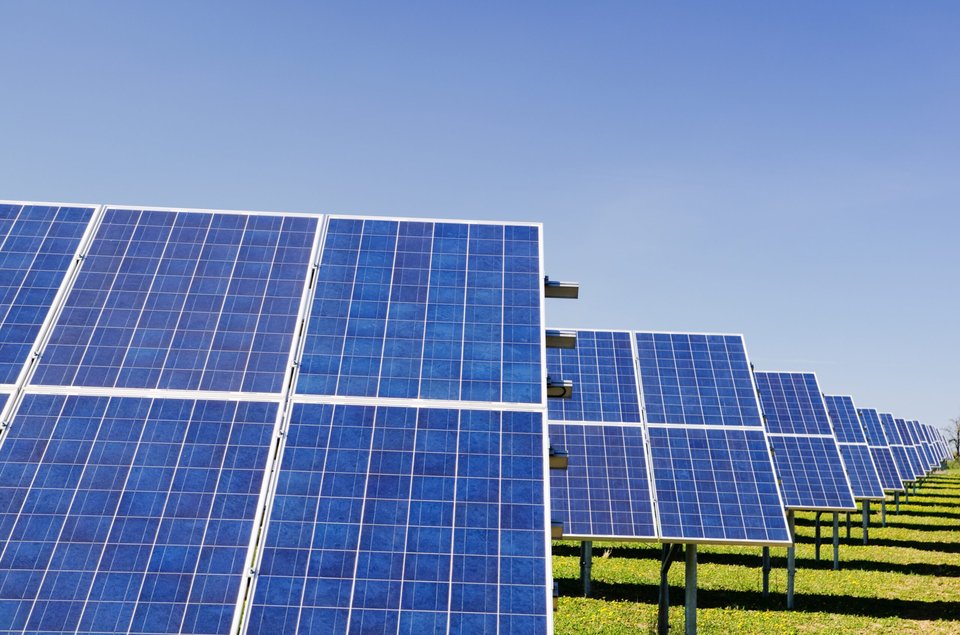Member/Partner News
The impact of COVID19 on the Spanish PV industry

2019 has been a positive year for the Spanish PV industry, with 4,201 MW of new capacity connected to the grid and 459 MW of new capacity added for self-consumption projects. It seemed that nothing could hinder this positive trend but unfortunately, as it happened for many other sectors, the PV industry has been dramatically affected by the COVID-19 pandemic.
Utility-scale PV plants that were already operating before the declaration of the State of Emergency have continued to operate to guarantee the supply of electricity to citizens, thanks to the effort and risk of O&M technicians.
Utility-scale PV plants that were under construction have been affected by the State of Emergency, as all construction activity had to stop for two weeks due to the introduction of stricter emergency measures. These plants are going to suffer significant delays in their schedules and dates of connection to the grid, although it is likely that they will all be completed.
Among the most relevant impact of the crisis is the one produced on electricity market prices, that are decreasing significantly. Is this an anticipation of what will happen in the future, when a high percentage of energy will be renewable?
Some effects are already being noted on potential PPA contracts and it will be important to see how investors and banks are going to integrate this information into their decision process. Stricter loan conditions from financial institutions are being detected, with a higher demand for guarantees.
However, on the short term, the worst impact will be on the self-consumption sector, with a total paralysis of the projects, a delay in signing new contracts and even the cancellation of some contracts that had already been signed.
Within the Spanish “free market” self-consumption regulatory framework, small and medium companies are the key drivers in the deployment of this installations. Once the State of Emergency has ended, these companies will have to decide whether they will make investments in their core business or in reducing their energy costs. However, in the long term, we are confident that the sector will recover.
In order to ensure that the objectives defined by the Spanish NECP will be met, some palliative measures need to be adopted.
For utility-scale projects, it is vital that new auctions based on a fixed price are carried out as soon as possible. This measure must be paired with the acceleration of administrative processes and the definition of the new regulation on access and connection to the grid.
As for self-consumption, action is more urgent, and the reactivation plan should include measures such as a temporary tax incentive plan, limited to one year, such as an accelerated amortization for self-consumption projects installed by companies and a reduced VAT rate for the residential segment; the reduction of the fixed component of the electricity tariff and the acceleration of administrative procedures.
The Spanish PV industry could play a key role in the economic recovery of our country, but urgent measures need to be defined and put in place to minimize the negative impact of the COVID19 pandemic.
José Donoso, General Director, UNEF
![Global Solar Council [logo]](/static/images/gsc-logo-horizontal.svg)